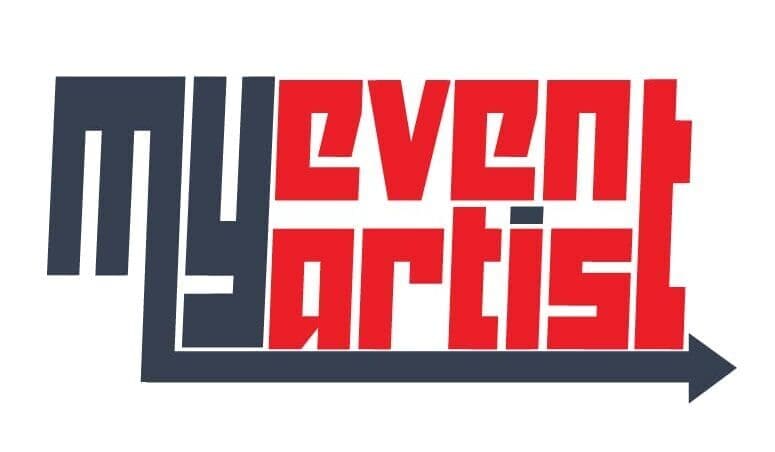In a globalized world, the cultural relevance of your sports logo is more important than ever. A logo serves as the face of your team or event, and its design can significantly impact how it is perceived by fans, sponsors, and the community. To be effective, a sports logo must resonate emotionally and culturally with its audience, considering local traditions, values, and identities. This blog post will explore key strategies to ensure your sports logo is culturally relevant and resonates on all levels.
1. Understand Your Audience
Before designing your logo, it’s essential to have a deep understanding of your audience:
- Demographics: Analyze the age, gender, and background of your target audience. Different demographics may have varying preferences and emotional connections to certain symbols, colors, and themes.
- Local Culture: Embrace the cultural context in which your sport operates. Understand the traditions, values, and symbols that hold significance in your community.
- Fan Engagement: Engage with fans directly through surveys or focus groups to gather insights on what they want in a logo. This helps ensure that the final design resonates with those who matter most.
2. Incorporate Local Symbols and Traditions
Using local symbols and traditions can enhance the cultural relevance of your logo:
- Historical References: Consider integrating elements from the region’s history or iconography. This can create a sense of pride and connection among fans.
- Cultural Icons: Use symbols or imagery that reflect local culture. For example, the San Antonio Spurs incorporate a part of Texas culture through their logo, which represents both the sport and the region’s identity.
- Inclusivity: Avoid symbols that might be alienating or divisive. Strive to create a logo that welcomes all segments of the community, fostering unity and pride.
3. Consider Color Psychology
Colors have cultural and emotional meanings that can vary across different communities:
- Cultural Significance of Colors: Research the meanings associated with colors in your target audience’s culture. For example, red may evoke feelings of passion and excitement in some cultures, while in others, it might signify danger or negativity.
- Brand Identity: Ensure your color choices align with the character of your sport and the values you wish to convey. A vibrant color palette might suit an energetic sport like basketball, while more subdued tones may be appropriate for a traditional sport like golf.
- Brand Consistency: Use colors that not only resonate culturally but also unify your branding endeavors across merchandise, promotional materials, and digital platforms.
4. Create a Meaningful Narrative
A logo is more than just graphic design; it tells a story and conveys meaning:
- Brand Storytelling: Incorporate elements of your team’s history, mission, and values into the logo design. A logo that tells a story will forge deeper emotional connections with fans.
- Symbolic Imagery: Utilize imagery that reflects the spirit and emotion of the sport or team. For instance, a fierce animal symbolizing strength and competition can be an effective representation for a sports team.
- Engagement Opportunities: Share the narrative behind your logo with fans through social media and promotional campaigns. This creates engagement and allows fans to feel a part of the brand story.
5. Ensure Adaptability Across Platforms
Your logo must be adaptable and resonate across different platforms and cultures:
- Digital and Print Flexibility: Ensure the logo works well in both digital formats (websites, apps, social media) and print mediums (flyers, merchandise). A scalable logo maintains clarity and impact across sizes and applications.
- Cultural Adaptation: If your sport or brand goes international, consider how the logo might be received in different cultural contexts. You may need to create localized versions that resonate with various audiences without losing the core identity of the brand.
- Testing and Feedback: Gather feedback on how the logo is interpreted across different cultural groups. This can highlight potential misinterpretations and allow you to adjust your design accordingly.
6. Authenticity and Community Engagement
A logo must feel authentic to resonate effectively:
- Community Involvement: Involve local community members or stakeholders in the logo design process. This fosters ownership and pride in the logo while ensuring cultural relevance.
- Promoting Local Talent: Consider collaborating with local artists or designers who have a deep understanding of the culture. Their insights can enhance the logo’s authenticity and connection to the community.
- Long-Term Commitment: Building cultural relevance is an ongoing process. Engage regularly with your audience to maintain a strong connection, updating the logo as needed to reflect evolving cultural contexts.
7. Test for Cultural Sensitivity
Understanding cultural nuances and avoiding cultural insensitivity is paramount:
- Avoid Stereotyping: Be cautious of using symbols or imagery that could perpetuate stereotypes or offend certain groups. Conduct thorough research to ensure your design is inclusive and respectful.
- Consult Cultural Experts: If your logo incorporates significant cultural elements, consider consulting cultural experts or representatives from that culture during the design process.
- Get Diverse Feedback: Gather opinions from a diverse group to ensure broad perspectives are considered. This can minimize the risk of cultural misunderstandings or backlash.
Conclusion: Crafting a Culturally Relevant Sports Logo
Creating a sports logo that resonates on all levels is a multifaceted process requiring research, empathy, and creativity. By understanding your audience, incorporating local symbols, using the right colors, telling meaningful stories, ensuring adaptability, engaging your community, and testing for sensitivity, you can design a logo that not only looks great but also holds cultural significance and fosters a deep connection with fans.
At MyEventArtist, we specialize in crafting custom logos that reflect your brand’s identity and resonate with your audience. Explore our logo design services at myeventartist.com and let us help you create a logo that makes an impact in your community and beyond.
Keywords: sports logo design, cultural relevance, brand identity, audience engagement, community connection, logo meaning
#sportslogodesign #culturalrelevance #brandidentity #audienceengagement #communityconnection #logomeaning



Leave a Reply